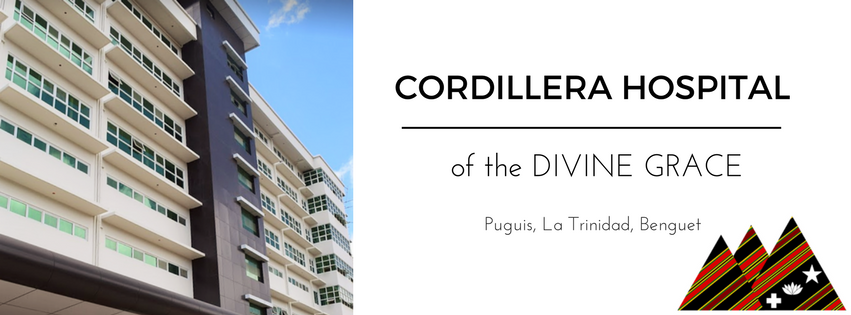LA TRINIDAD, Benguet – Cordillera Hospital of the Divine Grace is transforming healthcare in the province by making magnetic resonances imaging (MRI) more accessible to the people of La Trinidad, Benguet with the first MRI in the province.
MAGNETOM Free.Star at the Cordillera Hospital of the Divine Grace is the first-of-its-kind in the Philippines – an MRI which belongs to the new generation of scanners from Siemens Healthineers with a field strength of 0.55 Tesla.
MRI becomes more accessible to patients in La Trinidad, Benguet as MAGNETOM Free.Star is easier to install and operate compared to conventional systems with its virtually helium-free feature – ideal for hospitals with challenges in deploying an MRI system.
Cordillera Hospital of the Divine Grace, a 74-bed tertiary hospital located in the mountainous area of La Trinidad, Benguet, is making quality healthcare more accessible to patients as it installs the first MRI in the locality with the new MAGNETOM Free.Star. Belonging to a new generation of scanners from Siemens Healthineers, MAGNETOM Free.Star provides excellent image quality through the combination of AI-based digital technologies and a new field strength of 0.55 Tesla on the company’s new and unique High-V MRI platform. The whole-body MRI is virtually helium-free with an ultra-compact footprint and design – an ideal option for hospitals with challenges in deploying an MRI in their location or facility. MAGNETOM Free.Star is now available at Cordillera Hospital of the Divine Grace.
“Some hospitals located outside of Baguio City in the Cordillera are not yet as well-equipped. Patients are limited to the available healthcare resources close to them. Even then, they will still have to travel far distances. MAGNETOM Free.Star’s innovative and almost helium-free design makes it an ideal solution for hospitals who would like to reduce operational and maintenance cost so that we can better focus on the welfare of our patients,” explained Dr. Virginia Biteng, Medical Center Chief of Cordillera Hospital of the Divine Grace.
According to the World Health Organization, about 70% of deaths in the Philippines are attributed to noncommunicable diseases (NCDs)1. In 2022, data showed that ischaemic heart diseases, cerebrovascular diseases, and neoplasms were cited to be among the top three causes of death2. MR imaging is used to diagnose soft tissue and plays a central role in the early diagnosis and treatment of various diseases such as cancer, neurological diseases, and orthopedic problems. Currently, MRI is not widely available in the Cordillera Administrative Region (CAR) other than in Baguio City. Many patients from Benguet would still have to travel to other cities or towns just to get an MRI.
“There are a lot of limiting factors as to why MRI is not widely available in many parts of the Philippines. These challenges can be about installation, operations, and even maintenance due to the cost and complexity of deploying a conventional MRI. At Siemens Healthineers, we believe everyone should have access to this powerful imaging tool. The MAGNETOM Free.Star is a scanner designed to tackle exactly these four areas to bridge this gap in healthcare,” said Michael Schmermer, President and Managing Director of Siemens Healthineers Philippines.
MAGNETOM Free.Star has a patient bore of 60 centimeters and uses the DryCool magnet technology, which requires less than one liter of liquid helium to cool the MRI. Previously, several hundred liters of this scarce raw material were required for cooling. Additionally, the installation of a safety related quench pipe was necessary, which allowed to discharge helium into the open air in case of an emergency. The large helium inventory as well as the construction measures are no longer necessary for this new High-V MRI scanner. Because the compact systems can be rolled through normal hospital doors in many places, complex openings of the buildings can also be avoided during installation. The significantly reduced energy consumption adds a positive effect on operating costs as well. The costs over the entire life cycle of the system are up to 30 percent lower than with conventional scanners.
“Our partnership with Siemens Healthineers allows us to provide exceptional image quality and diagnostic capabilities to fight the most common diseases while overcoming the challenges of bringing an MRI system to our hospital. With the launch of our new MAGNETOM Free.Star, we are able to bring MRI closer to our patients,” concluded Dr. Biteng.
WHO Prevention and control of noncommunicable diseases in the Philippines 2019 and Data from the Philippine Statistics Authority – 2022 Causes of Death in the Philippines














